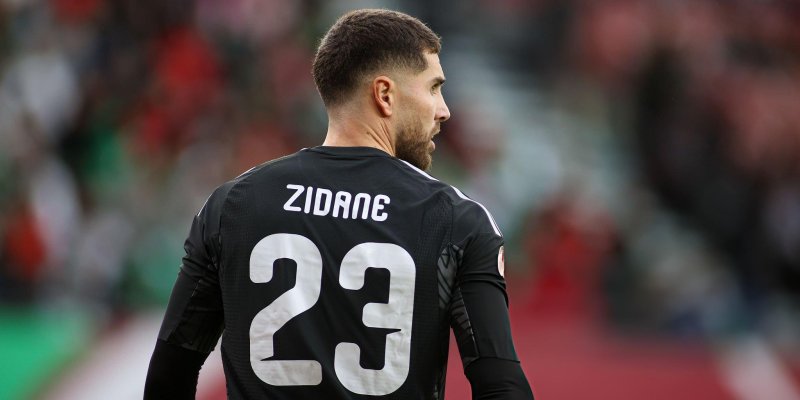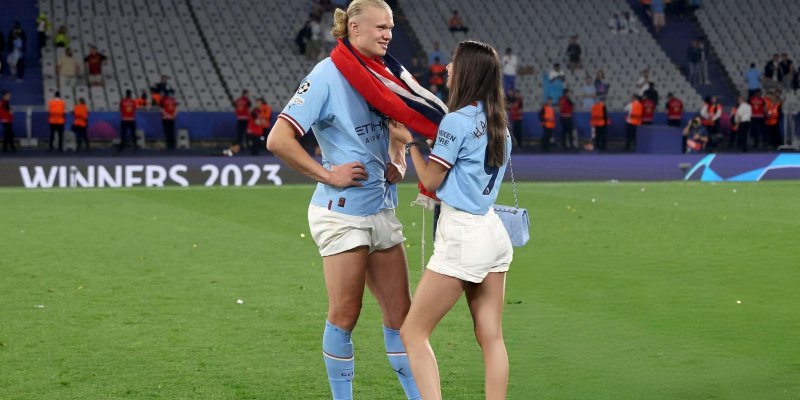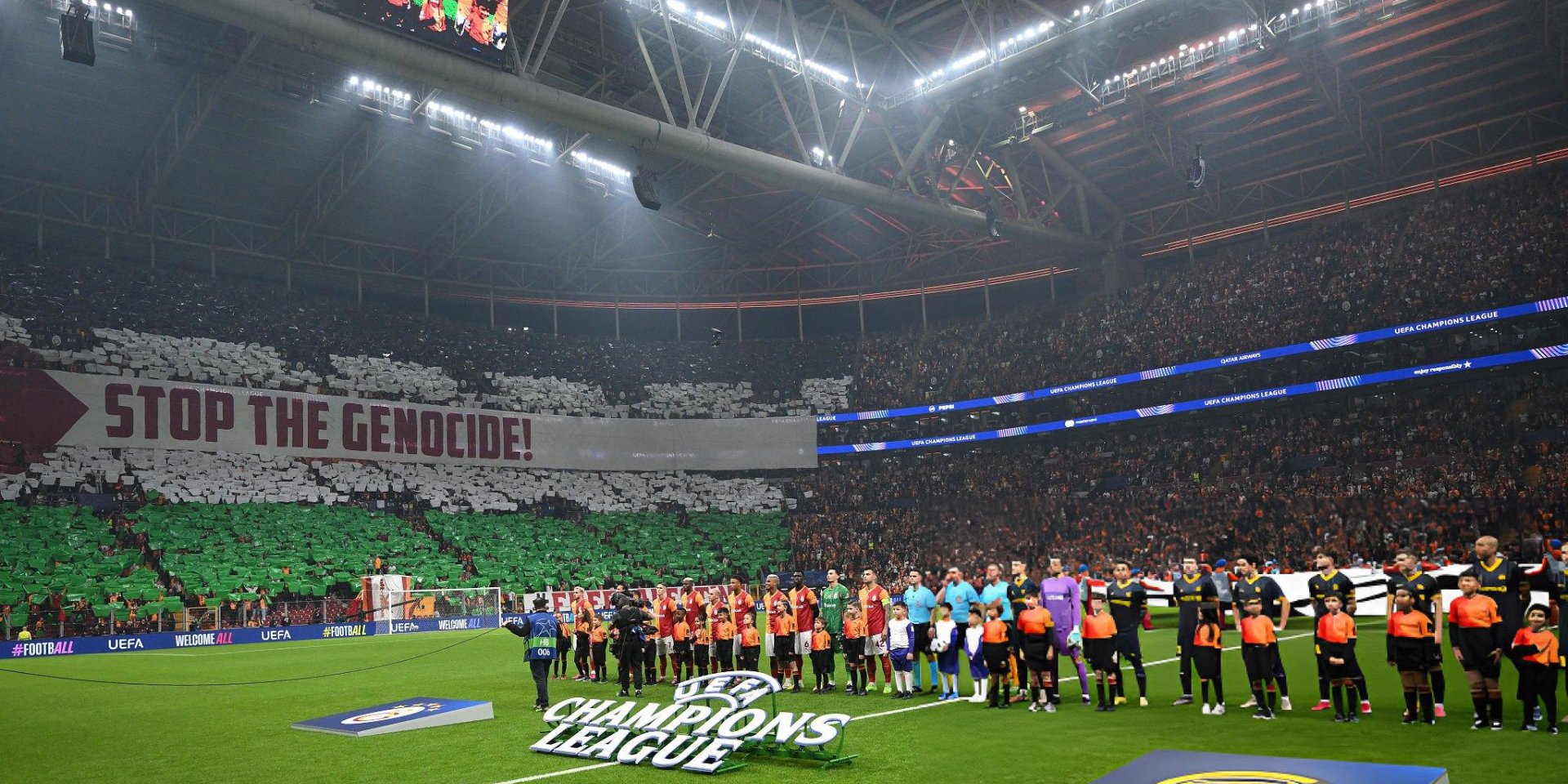
Galatasaray's home win in the Champions League over "Bodø/Glimt" (3:1) was memorable for more than just quality football. A few minutes before kickoff, the south stand turned into a huge living poster: the ultras unfurled a choreography in support of Palestine, assembling an image of the flag from thousands of cards and accompanying it with the slogan "Stop the genocide!". The vivid picture, which instantly spread across social media, raised an evergreen question for European football: where is the line between support and a political statement in the stadium?
The Stand as a Stage: How the Display Was Orchestrated
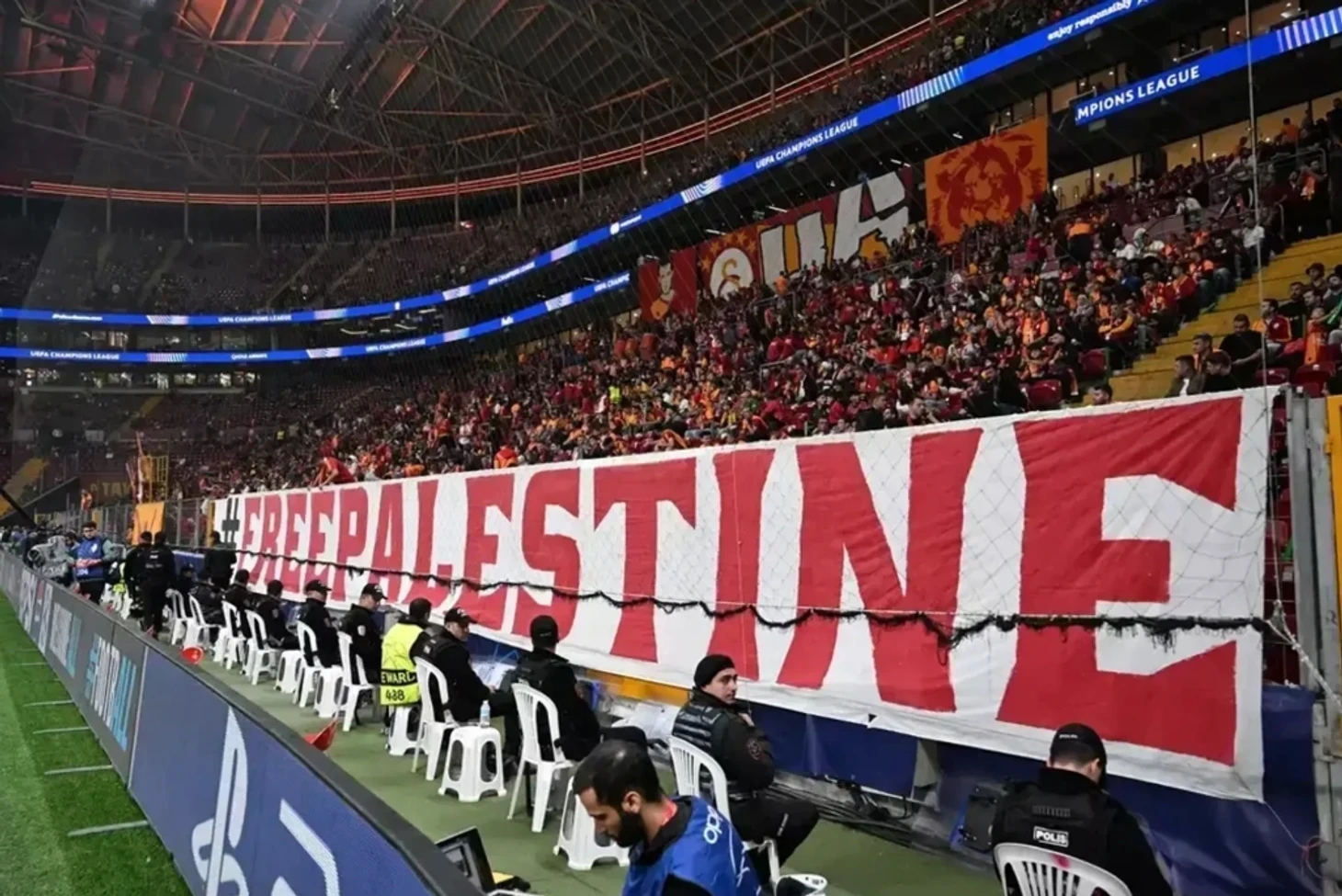
The classic tifo covered the entire tier and was rehearsed down to the second: volunteers pre-distributed the sections by color, and the cue to raise the cards coincided with the team announcements. The visual effect was amplified by banners along the barriers and coordinated chants. From the standpoint of stand choreography, it was exemplary work by active fan groups: scale, synchronicity, and a clear message without unnecessary details.
Football and Politics: What the Regulations Allow
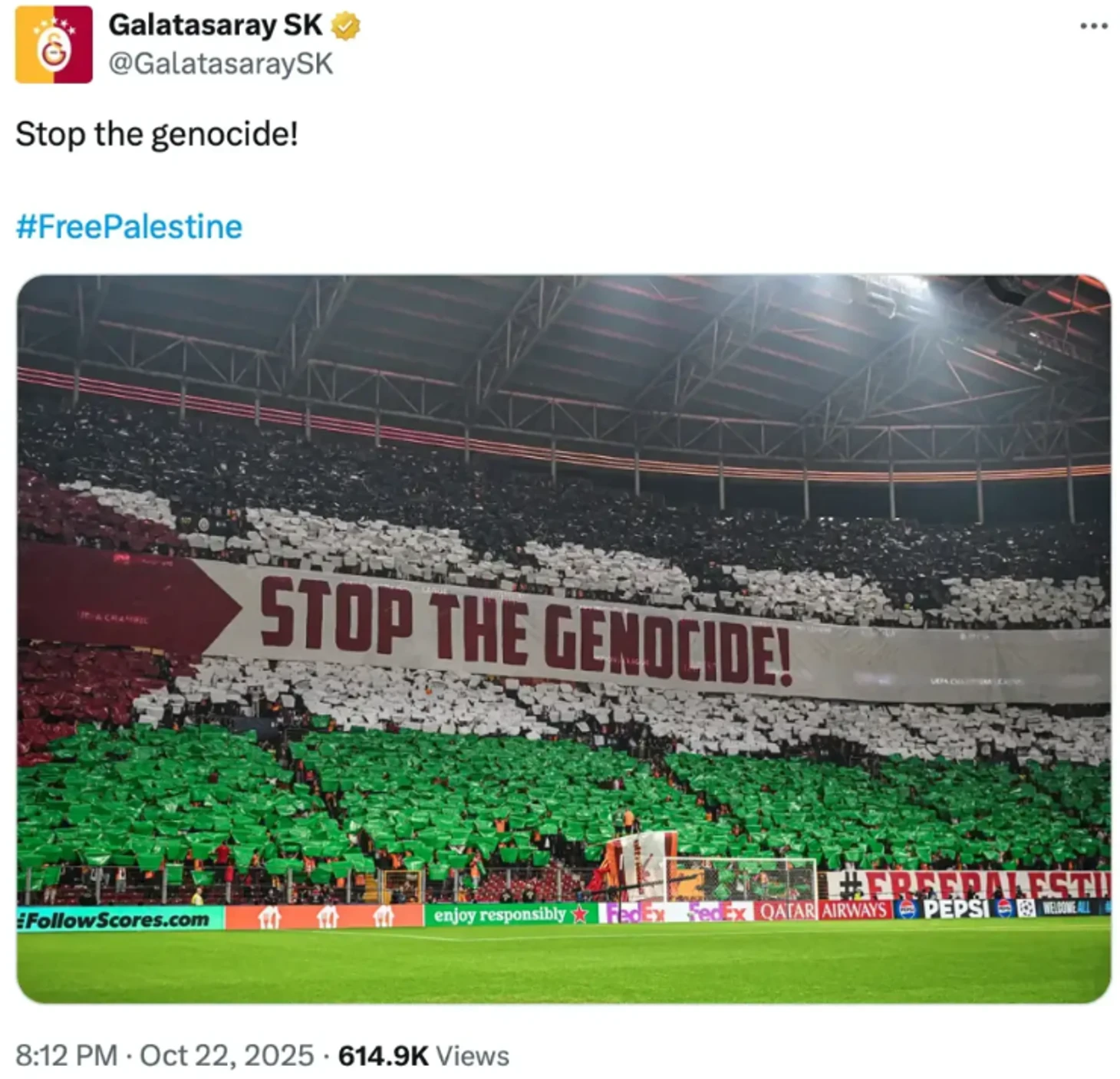
UEFA's disciplinary rules traditionally draw a hard line between sport and political, ideological, and religious declarations. The home club bears responsibility for supporters' behavior: provocative messages of any kind are prohibited—be they banners, flags, large banners, graphics on a tifo, pyrotechnics featuring symbols, or coordinated chants. The logic is simple: matches under UEFA's auspices are an international product, and the organization seeks to minimize any conflicts stemming from symbols and slogans.
What Sanctions the Club May Face
If the UEFA delegate and safety inspectors include the episode in their report, the disciplinary bodies will have grounds to act. The range of sanctions is well known: a fine, partial stand closure (typically the sector where the active supporters were located), staging the next home match with certain sections closed or, in the extreme, behind closed doors. Sometimes additional matchday directives are appended: stricter screening of banners, a ban on unfurling large sheets, and enhanced content checks before the teams take the field.
The Limits of the Permissible: How Clubs Seek Balance
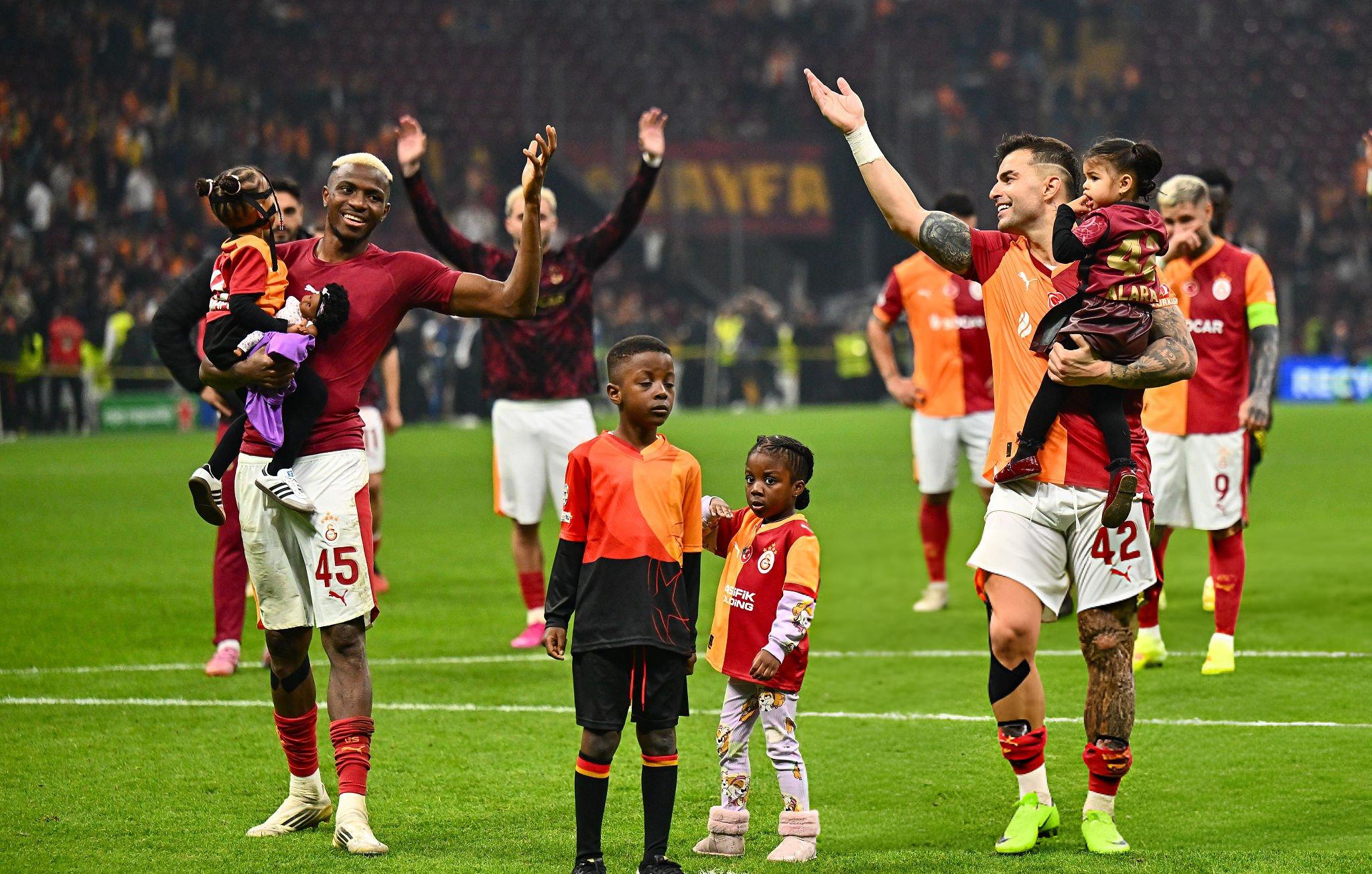
Practice shows that context and wording often determine the outcome. Clubs regulate fan activities in different ways: some operate a system of prior approval for tifos, others rely on targeted checks at the gate. Galatasaray, like any participant in European competitions, faces a dual task: to respect the voice of its stand while staying within the tournament's rules. That is why, in similar situations, clubs tend to tighten internal rules for hanging banners and strengthen communication with leaders of the supporter sections.
Match Result and the Sporting Component
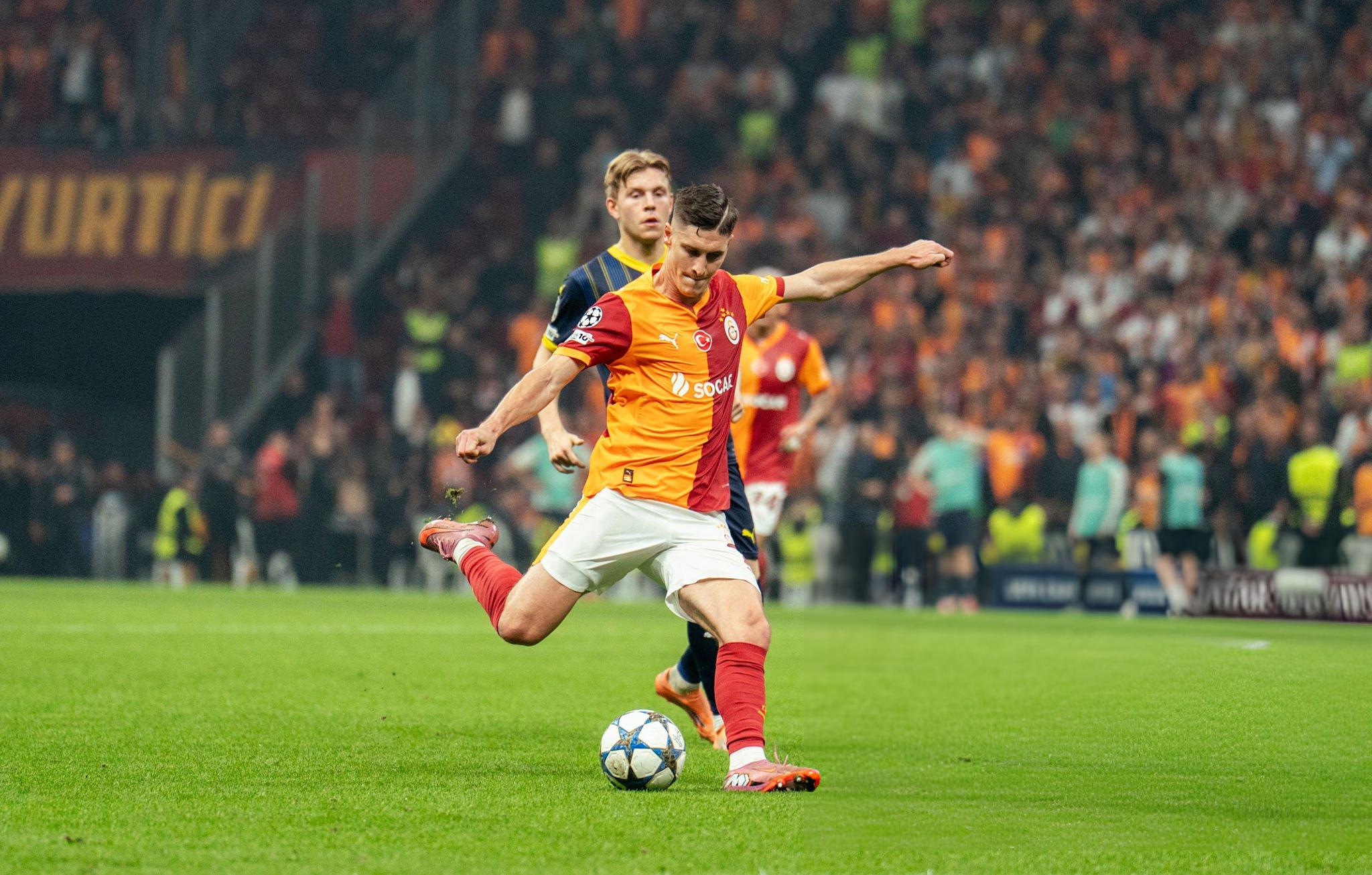
On the pitch, the Istanbul side did the main thing — took three points by beating "Bodø/Glimt" 3:1. Throughout the game the hosts effectively alternated between high pressing and positional attacks, forcing the Norwegians to play more without the ball and resort to long passes. In terms of group dynamics, it was an important result that consolidated the Lions' position in the group.
What Comes Next
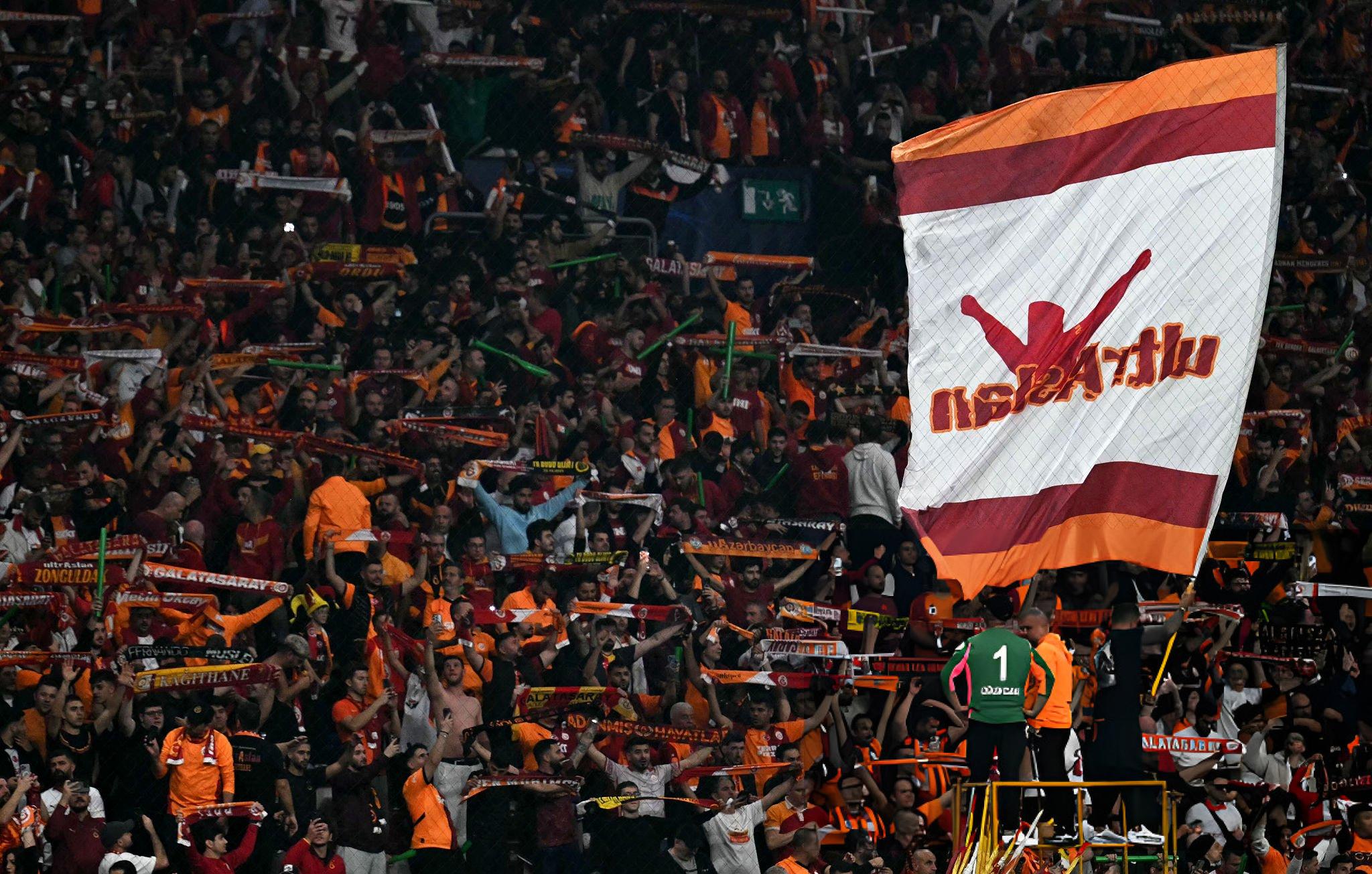
Attention now turns to the official documents: if the incident is included in the report, UEFA will review it in due course. Regardless of the eventual verdict, the episode once again put an evergreen theme on European football's agenda — whether political messages in the stadium affect safety and the spirit of the competition, and how federations, clubs, and supporters can coexist within a single spectacle that is nonetheless strict about its rules. This is precisely where clubs must act with finesse: preserve the atmosphere while avoiding grounds for sanctions that could hit the budget, the reputation and — no less important — the team's support in the matches to come.

